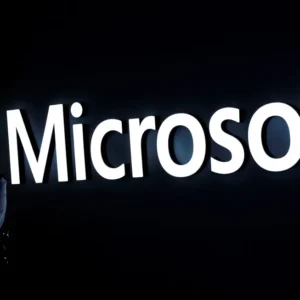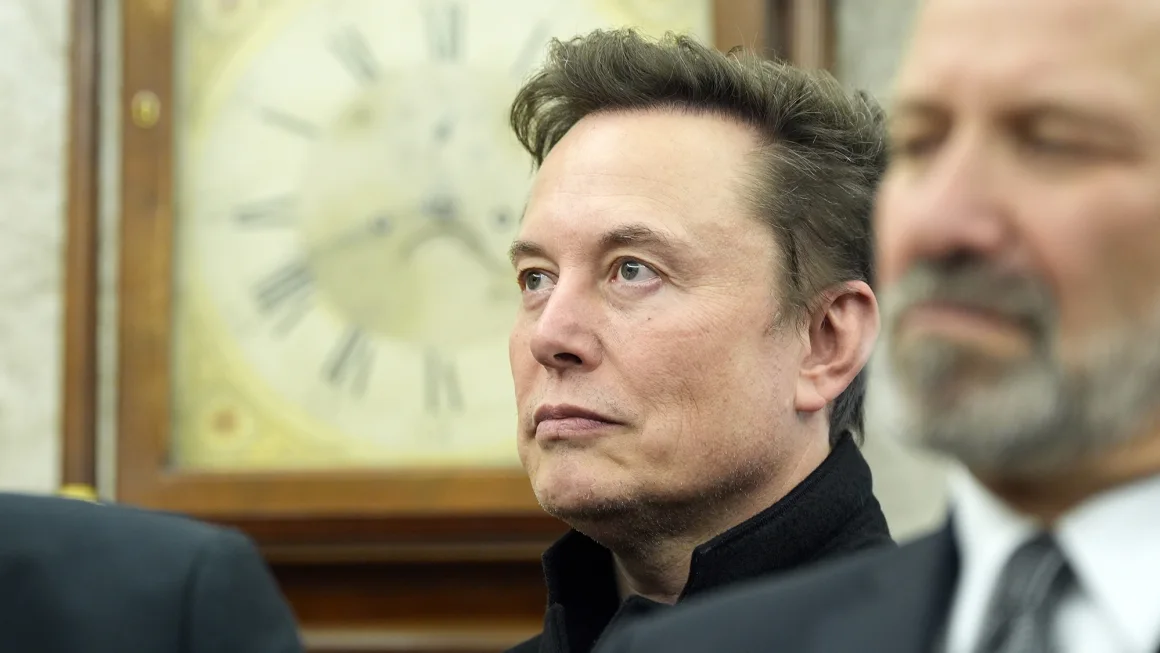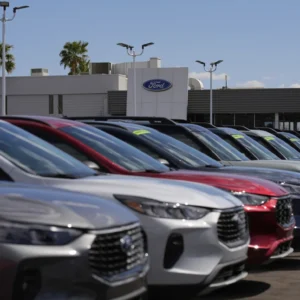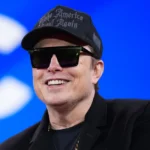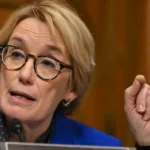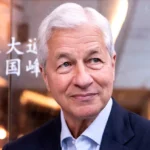Elon Musk’s growing influence in U.S. politics has taken a new twist, as he navigates his role as a “special government employee” under the Trump administration. While technically subject to federal conflict of interest rules, the enforcement of these laws remains uncertain, allowing Musk to wield significant power in ways that may benefit his vast business empire—spanning electric vehicles, space exploration, social media, and more—without facing major legal constraints.
Musk’s influence has only expanded since Trump’s victory in the 2024 election, with some Tesla investors initially worried about his potential cabinet position. However, since then, many shareholders have come to embrace Musk’s role, hopeful that his clout will lead to favorable policies, including deregulation and other moves to benefit his companies. Musk’s position seems to be turning into a cash grab, with his businesses reaping rewards from the chaotic policy landscape created by Trump’s agenda.
Tesla, for instance, stands to benefit from policies that could hurt its competitors, such as tariffs on imported parts that would disproportionately affect other U.S. automakers like Ford and GM. Meanwhile, SpaceX, Musk’s rocket company, remains a crucial supplier to the U.S. government, with billions in federal contracts. Despite potential challenges, these moves indicate that Musk’s influence within the Trump administration might grow unchecked.
Musk’s purchase of Twitter (now rebranded as X) in 2022, initially seen as a financial failure, has ultimately proven a strategic investment. The $44 billion deal provided him with a powerful platform to advance his political agenda, positioning him as a key figure within the political and economic landscape.
While President Trump has reassured the public that Musk’s actions are subject to approval, the “Technoking” of the federal government has yet to be reined in, raising questions about how much power he will continue to accumulate. Musk’s role in the White House, it seems, is as much about protecting his business empire as it is about shaping national policy.

